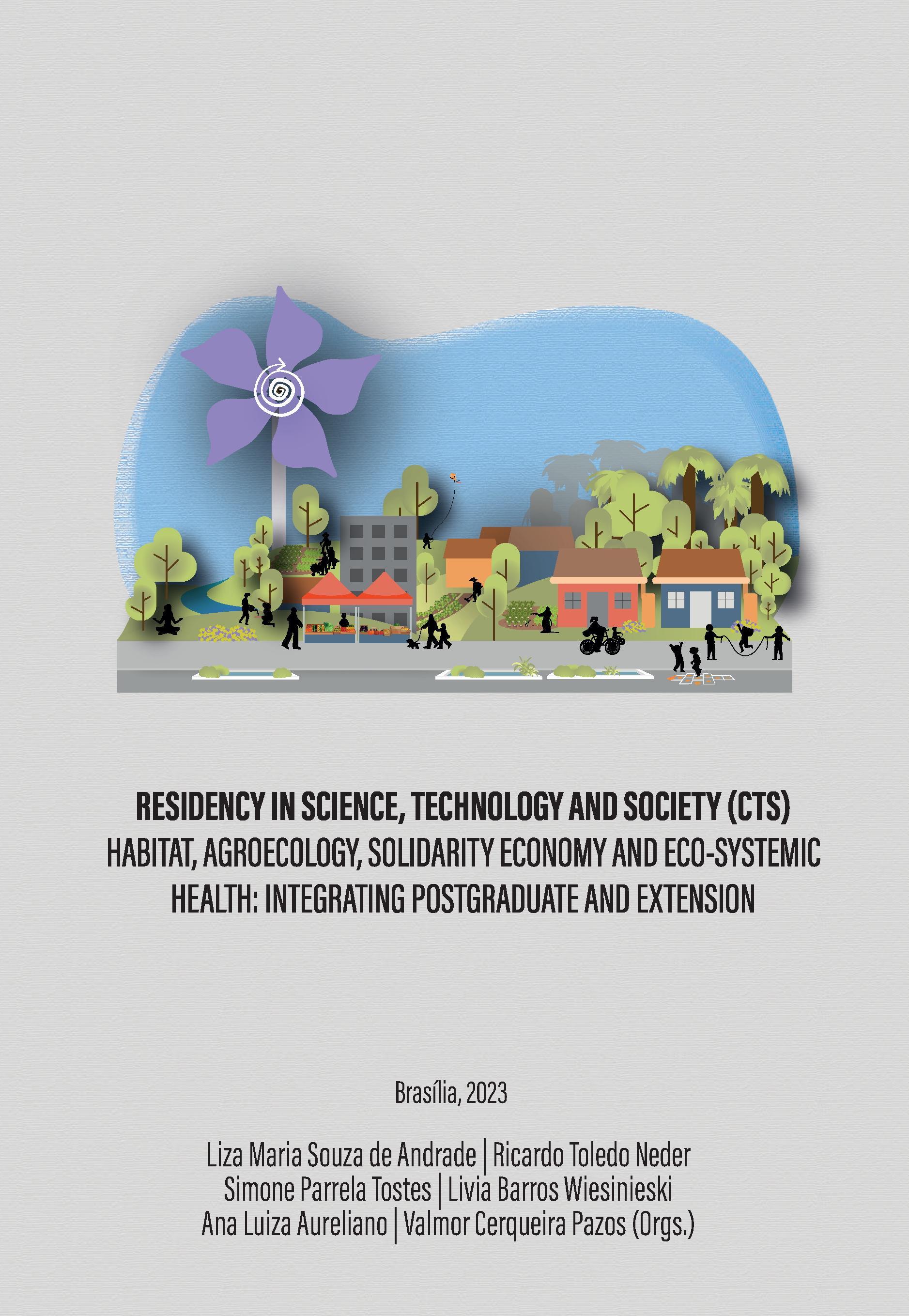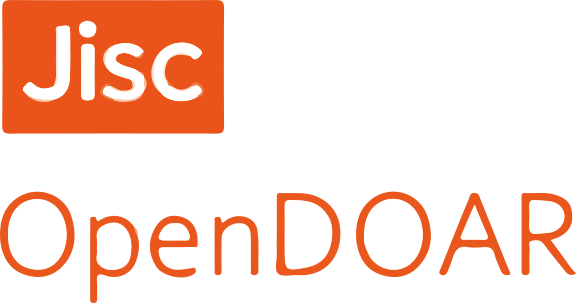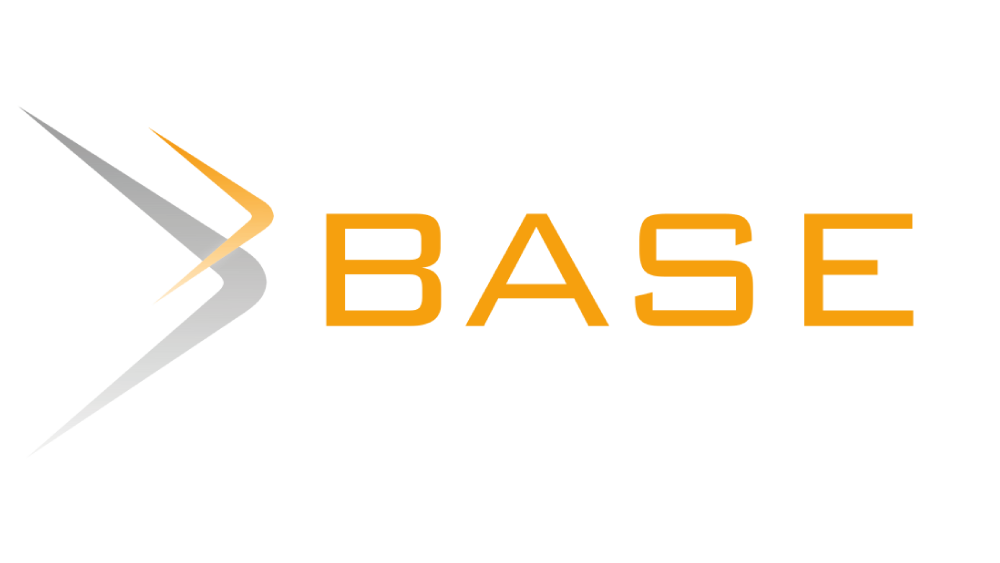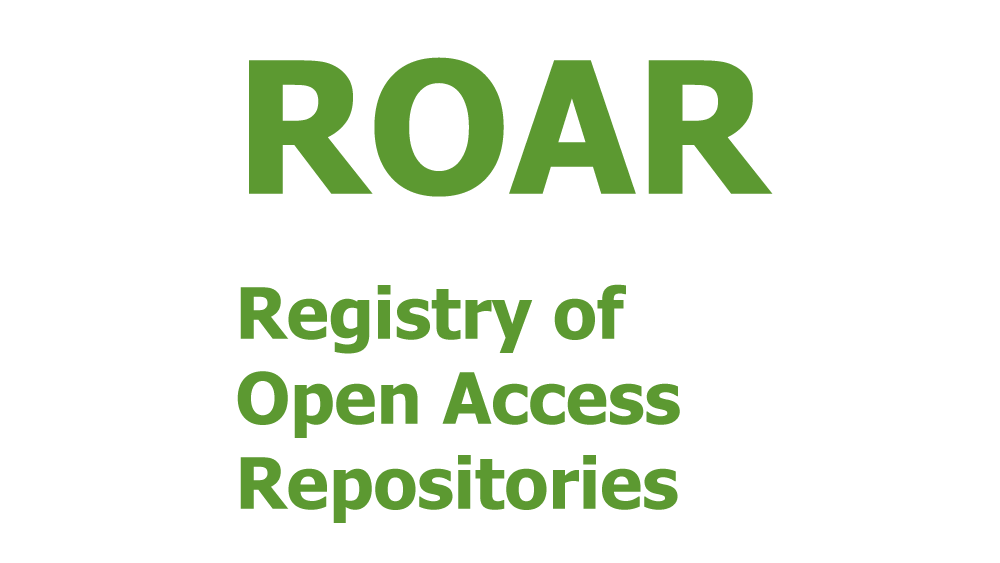Residency in Science, Technology and Society (CTS) Habitat, Agroecology, Solidarity economy and Eco-systemic Health : integrating Postgraduate and Extension
Palabras clave:
Agroecología, Medio ambiente, Tecnología y sociedadSinopsis
This book aimsto present the fundamentals and the basis of the multi professional course in CTS - Science, Technology, and Society in residency (Lato Sensu Graduation +Extension), characterized by a pedagogical practice and educational planning type PEX - research associated with teaching and integrated with extension. The proposal socially and territorially articulates three interdisciplinary themes: Habitat (Housing, Architecture, Urbanism, and Environment in the Countryside and the City); Agroecology (Food Sovereignty,FamilyFarm,Field, and CityIntegration); Health (Epidemiological Surveillance, Collective Health, Family Health, Sanitation, Ecosanitation, and Ecological Infrastructure) and a fourth transdisciplinary theme: Associated Work (Solidarity Economy, Training and Education, Occupation, Income, and SolidarityTechnology). The contents of the chapters were developed in the discipline of Special Studies in Technology, Environment, and Sustainability of the Graduate Program of the Faculty of Architecture and Urbanism of the University of Brasília (PPG-FAU/UnB), offered in 2021, integrated into the Extension Course Fundamentalsin Science Technology and Society (CTS)– Habitat, Agroecology, Solidarity Economics, and Ecosystem Health, a partnership of the Science Policy Center, Technology and Society (NPCTS/CEAM/UnB) and professors of the Faculty of Architecture and Urbanism (PPG-FAU), the Faculty of Planaltina (FUP), the Faculty of Agriculture and Veterinary Medicine (FAV) and CDS/UnB, the Collective Health course of the Faculty of Ceilândia (FCE), the Faculty of Education (FE) and the Institute of Humanities (IH). Thus, the process of construction of the Multiprofessional Residency CTS was initiated to form a transdisciplinary epistemological base in Solidarity Technoscience, inserting the University Extension in graduation studies, integrating 15 master’s and doctoral students to more than 50 people from social movements, collectives, professional entities, government technicians, researchers and professorsfromother institutions as well as undergraduate students. The students were organized into working groups in the online meetings by the Teams platform, through which the following themes were discussed: i) solidarity technology, sociotechnical adequacy, and solidarity economy; ii) Freirean education and work; iii) territorialconnections, social struggles and networks of solidarity; iv) sociotechnical adequacy for habitat production: spatial patterns in the field and the city; v) sociotechnical adequacy for agroecology and urban agriculture; and vi) ecosystem health,sanitation, and governance, whichmake up the contents of the chapters of this book. In the introductory chapter, it is detailed how the methodological process of structuring the course took place, divided into two parts: 1) theoretical-methodological foundations based on Solidarity Technoscience, forms of Technical Assistance, and the University Extension; and 2) political-pedagogical proposal of the course, including the themes, the territories surrounding the Distrito Federal that will be worked on the course, the curriculum matrix and the general functioning.Then Finally, the expected results and the developments already in progress are discussed. The essence of the Residency consists in uniting Graduation And Extension in a trans-multi-interdisciplinary character with the vision of university public policy (opposite that of private or official philanthropy) offering vacancies for 35 trans-multi-disciplinary technical agents (managers, urban architects, lawyers, economists, sociologists, social workers, technicians, and engineers, community health agents), of which 28 will receive scholarships, and 14 territorial agents (2 agents from each of the 7 territories of the Distrito Federal and surrounding areas) able to act as multipliers of community initiatives, to provide sociotechnical advice to local entities and to articulate resources, people, entities, tools, and territorial tactics in seven territories surrounding the Distrito Federal in favor of the protagonism of subjects and groups in their dailyterritories. The Lato Sensu Course and the Multiprofessional Residency Extension Program CTS – Habitat, Agroecology, Ecosystem Health, and Solidarity Health (linked to PPG-FAU/UnB and the Extension Decanery– DEX/UnB) are being sponsored bythe 2021 ATHIS Notice of the Council of Architecture and Urbanism of Brazil (CAU/BR1) and with the parliamentary amendment of Mrs. Erika Kokay, directed to the payment of scholarships. It also has the support of research and extensionist practices carried out by the Research and Peripheral Extension Group, emerging works within the matter of the project “Habitat production in the territory of DF and surroundings: urban and rural ecosystems and sociotechnical advice”,coordinated by ProfessorLiza Andrade, with drone images produced by engineer Valmor Pazos Filho, as well as with project “Digital Platform Cooperativism (prototype for seven territories of the Distrito Federal), mapping of actors, agencies and sociotechnical adequacy in rural and urban territories of production of the popular circuits of the economy – a CTS approach”, coordinated by Professor Ricardo Neder. Both projects are funded by the Distrito Federal Research SupportFund (FAP-DF). Support was received from research and experiences of the Agroecology Center of UnB, coordinated by Professor Flaviane Canavesi, of the Ecoplanetary project, coordinated by Professor Aldira Dominguez, and the Life and Water project in ARIS, coordinated by Professor Perci Coelho. The list of modules below has the respective module: professors-coordinators and doctoral tutors of ppg/FAU/UnB of the Fundamentals extension course in science, technology and society (CTS) – Habitat, Agroecology, Solidarity Economy and Ecosystem Health.
Capítulos
-
Introduction
-
Sociotechnical adequacy and solidarity economy
-
Freirean education and labor culture
-
Territorial connections, social struggles and solidarity networks
-
Sociotechnical adequacy for the production of habitat in the rural and in the city
-
Sociotechnical adequacy for agroecology and agrourbania
-
Ecosystem health, sanitation and governance
Descargas

Publicado
Licencia

Esta obra está bajo una licencia internacional Creative Commons Atribución-NoComercial 4.0.



